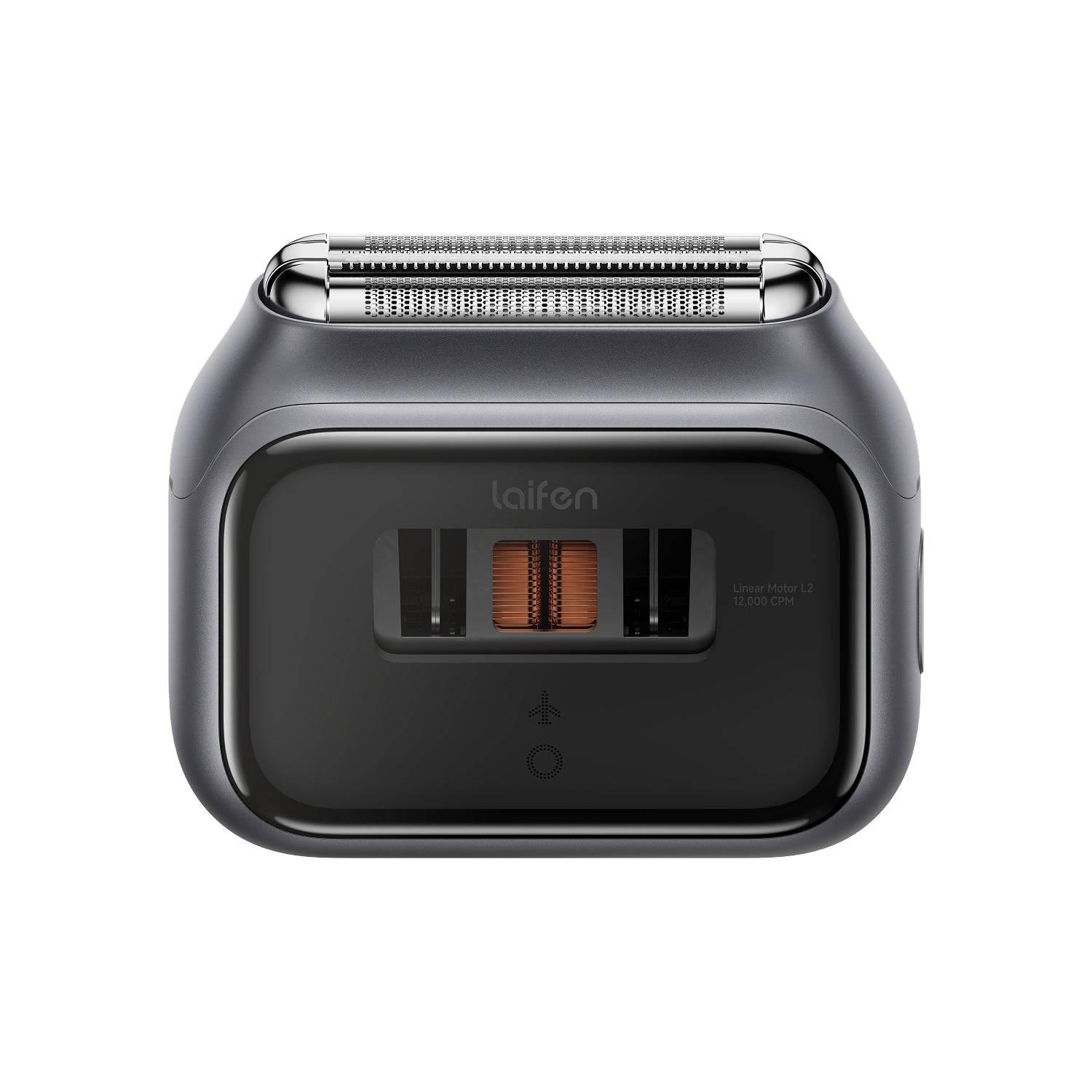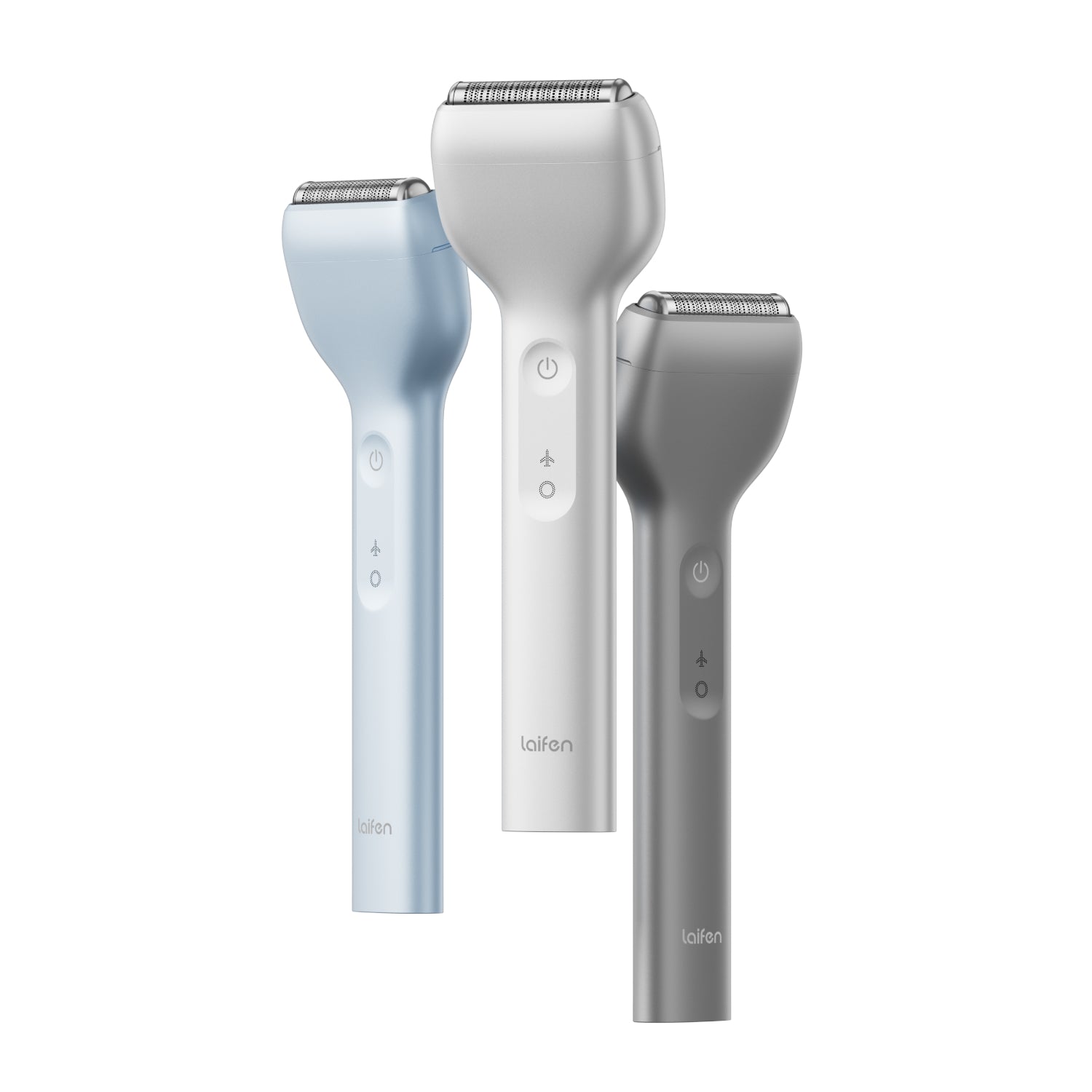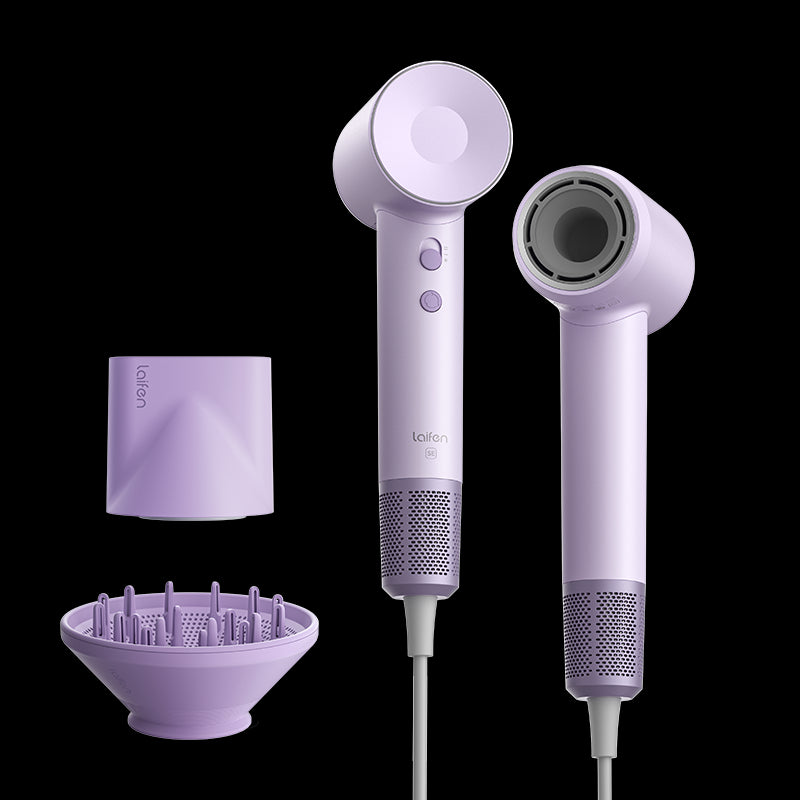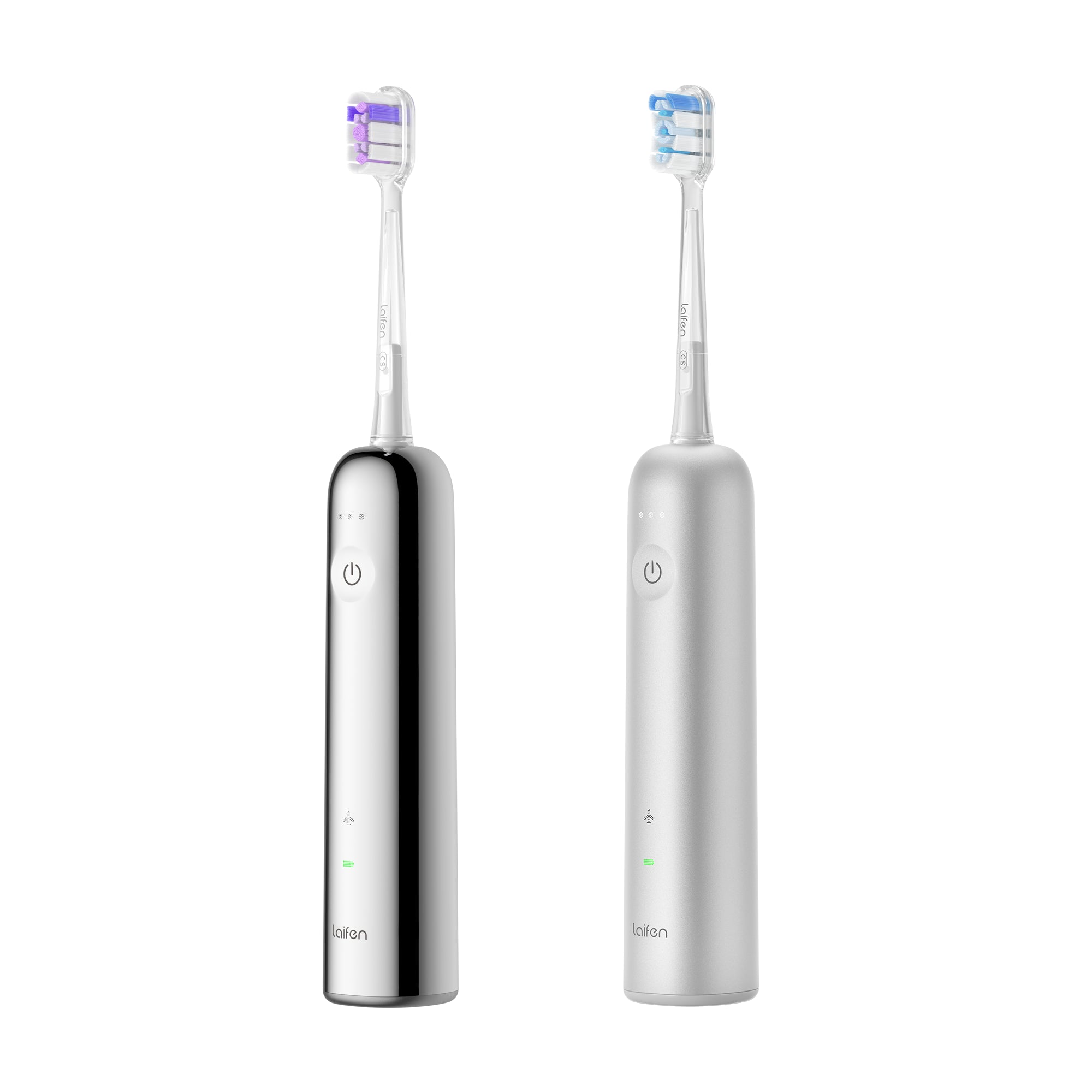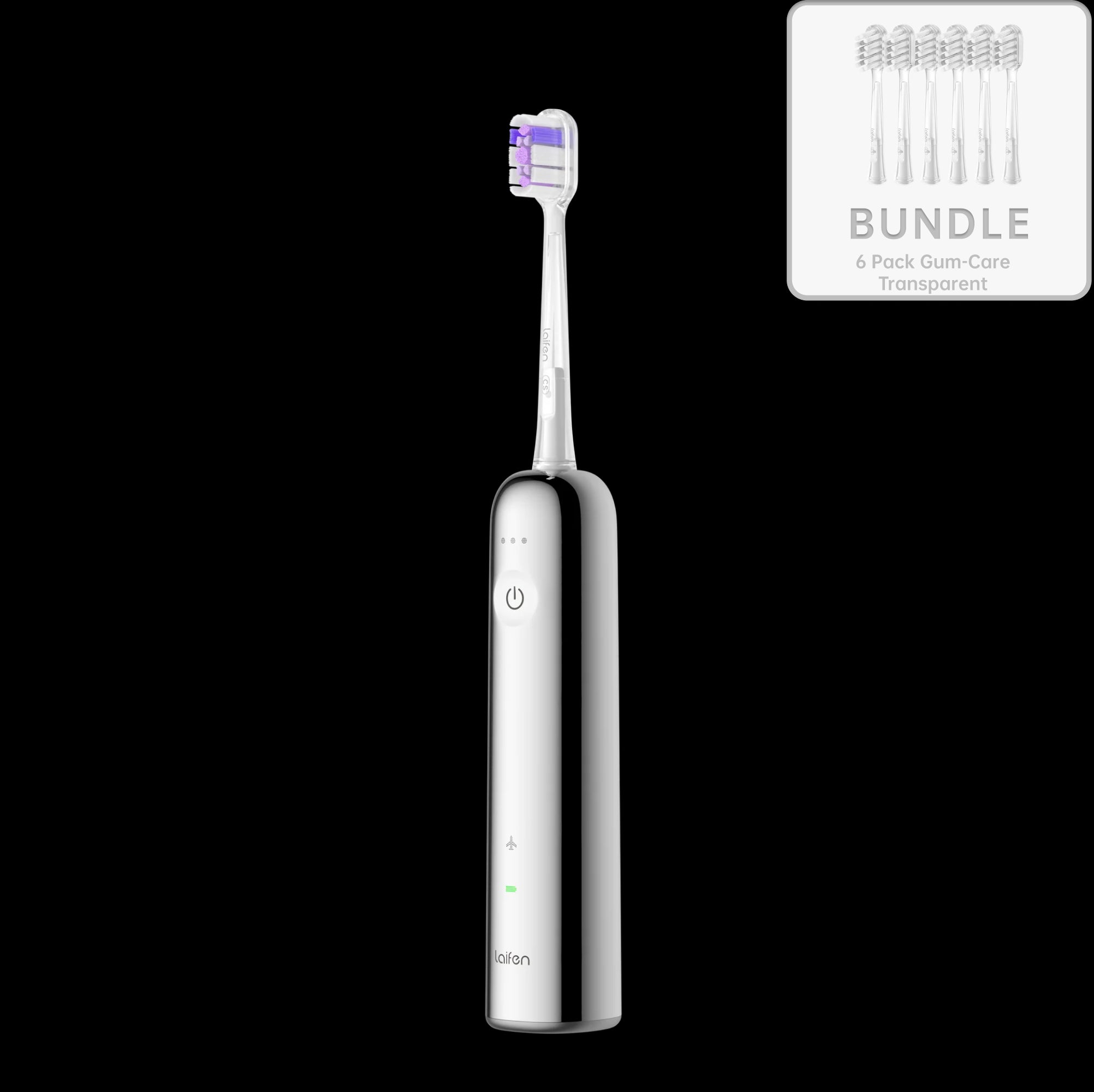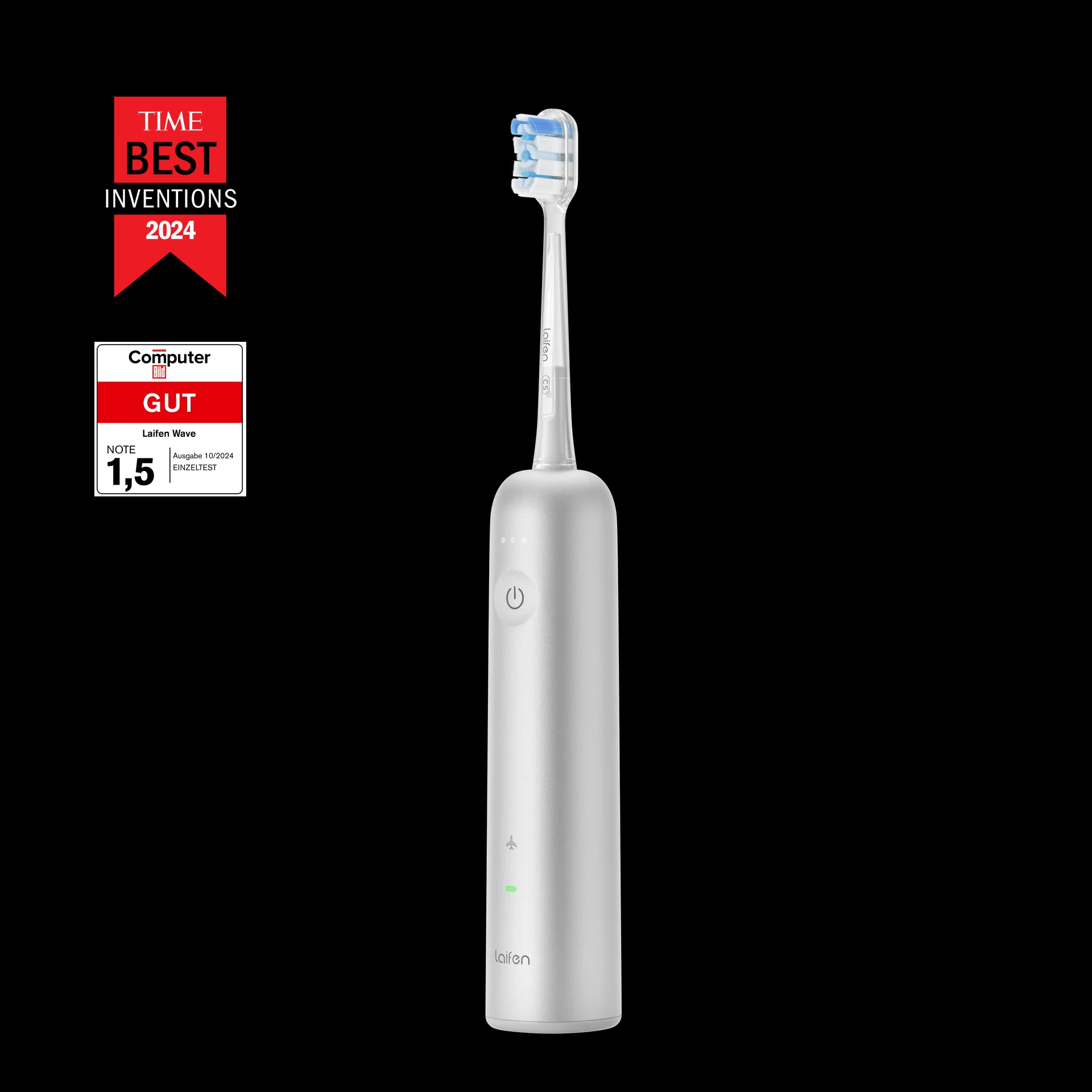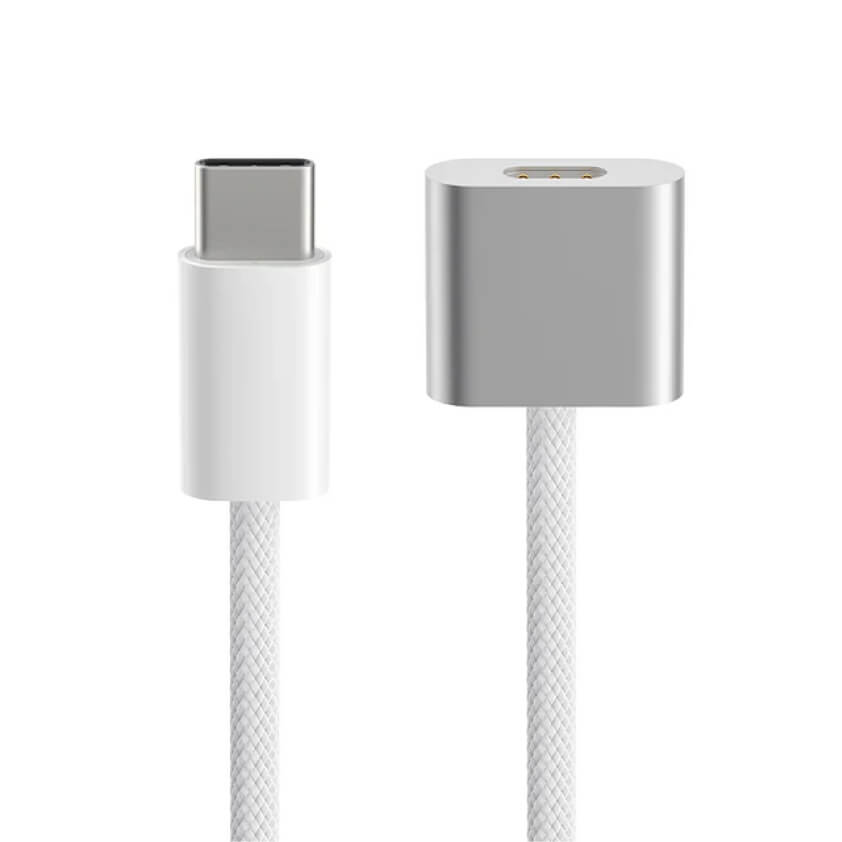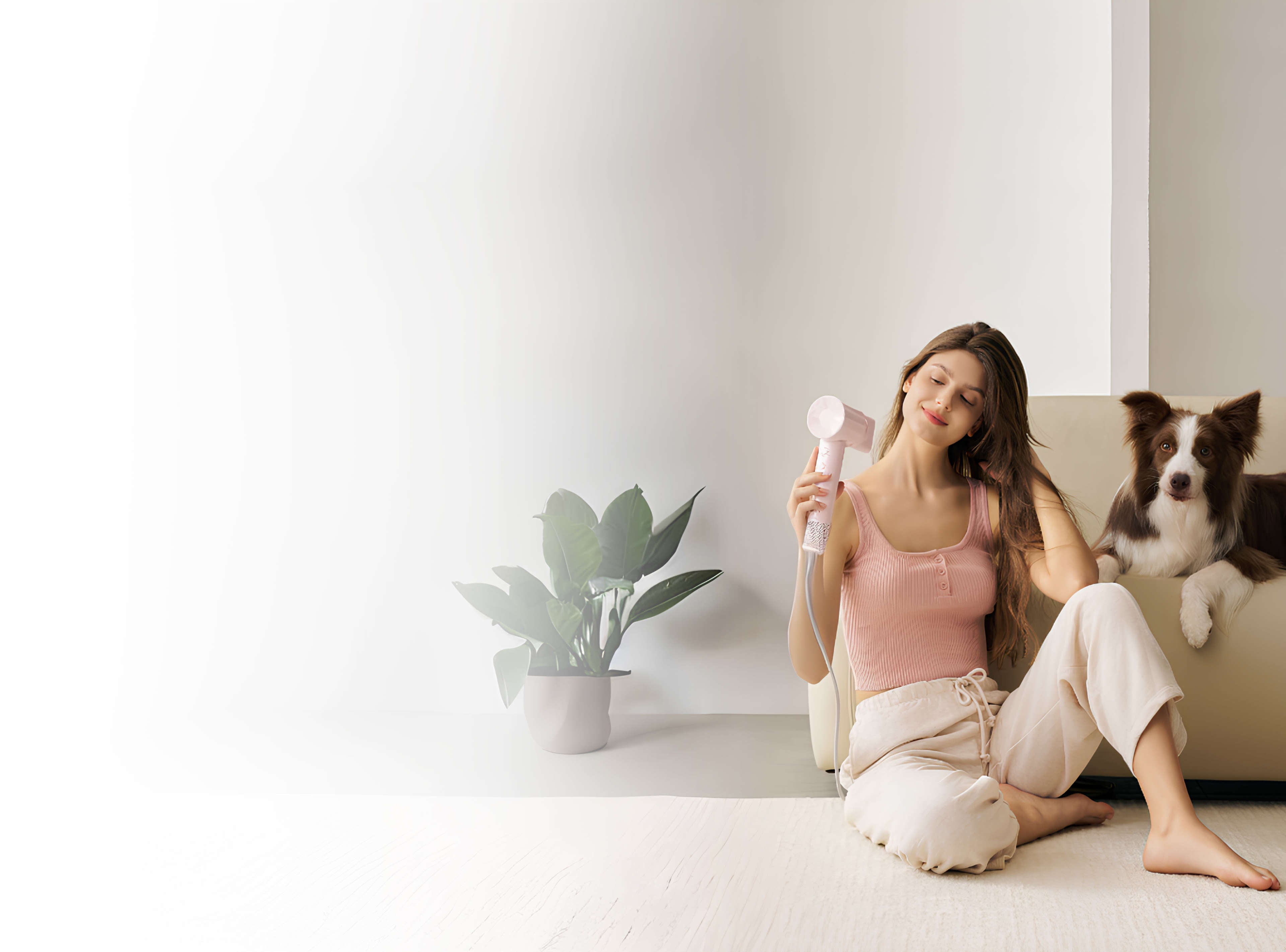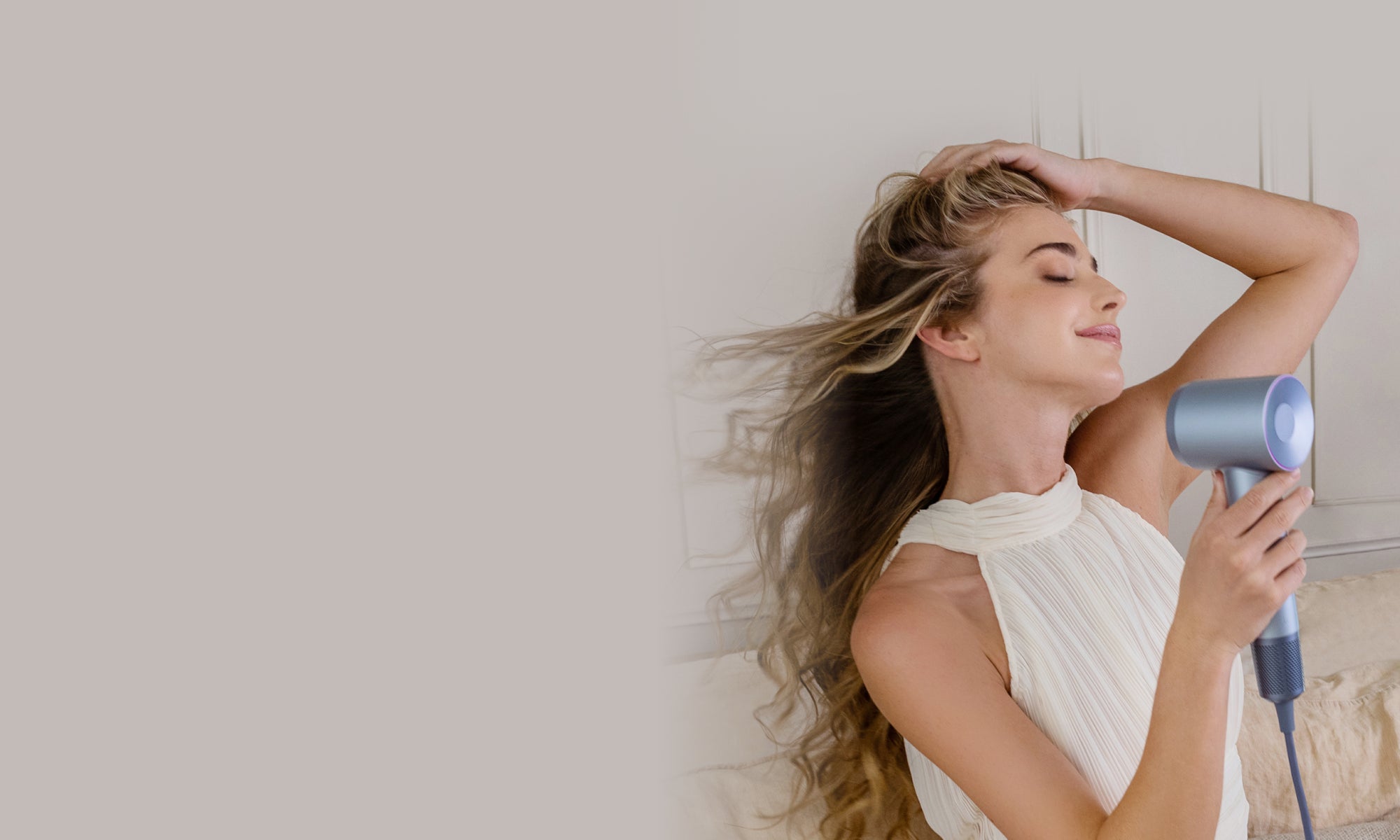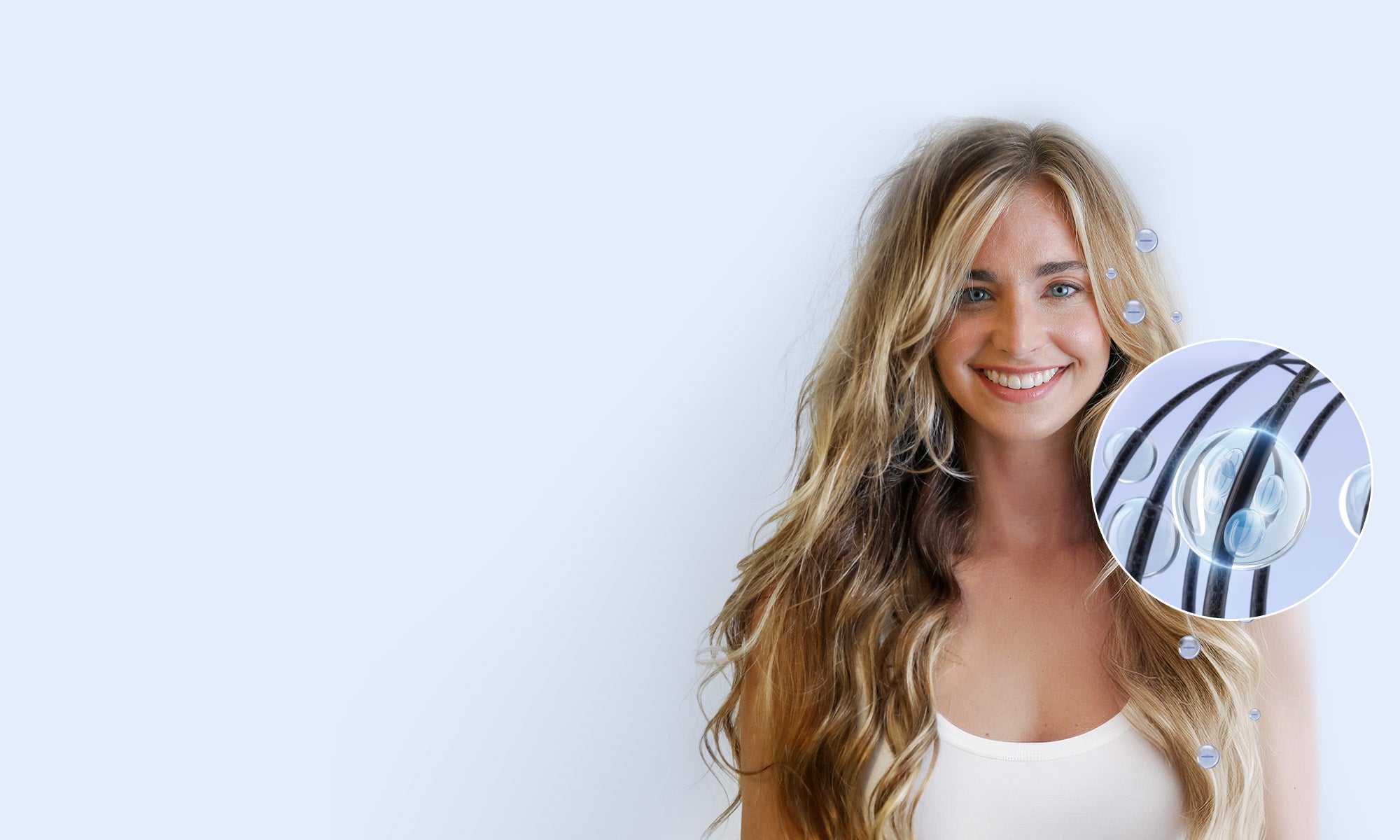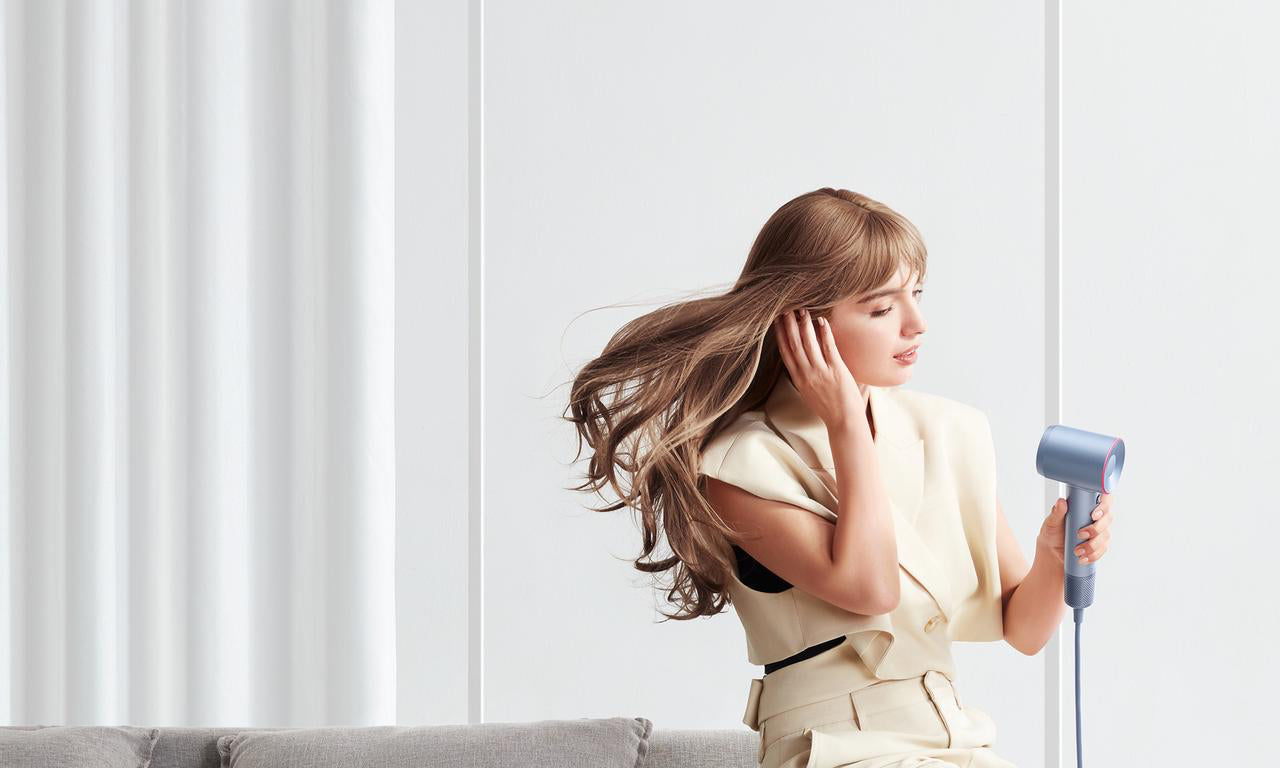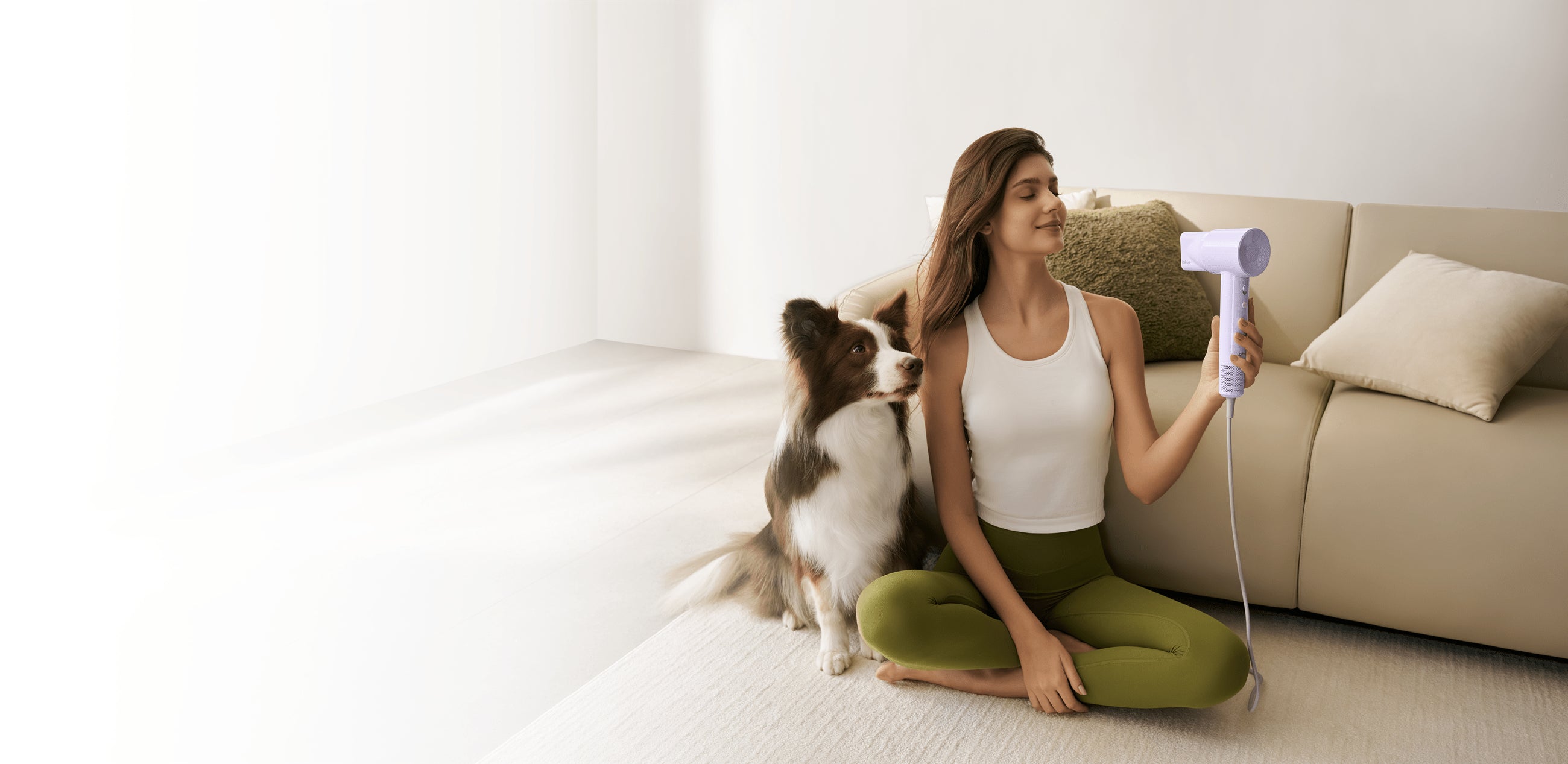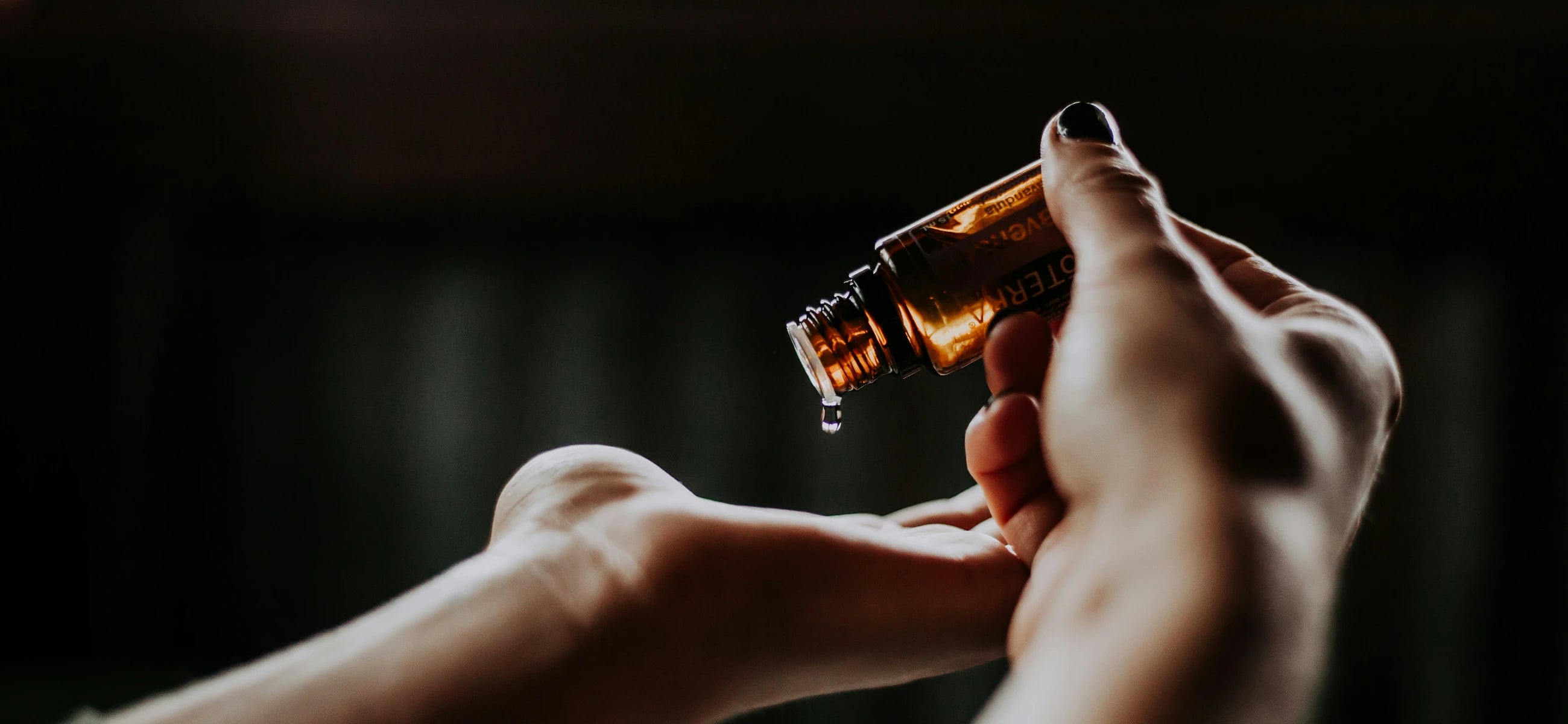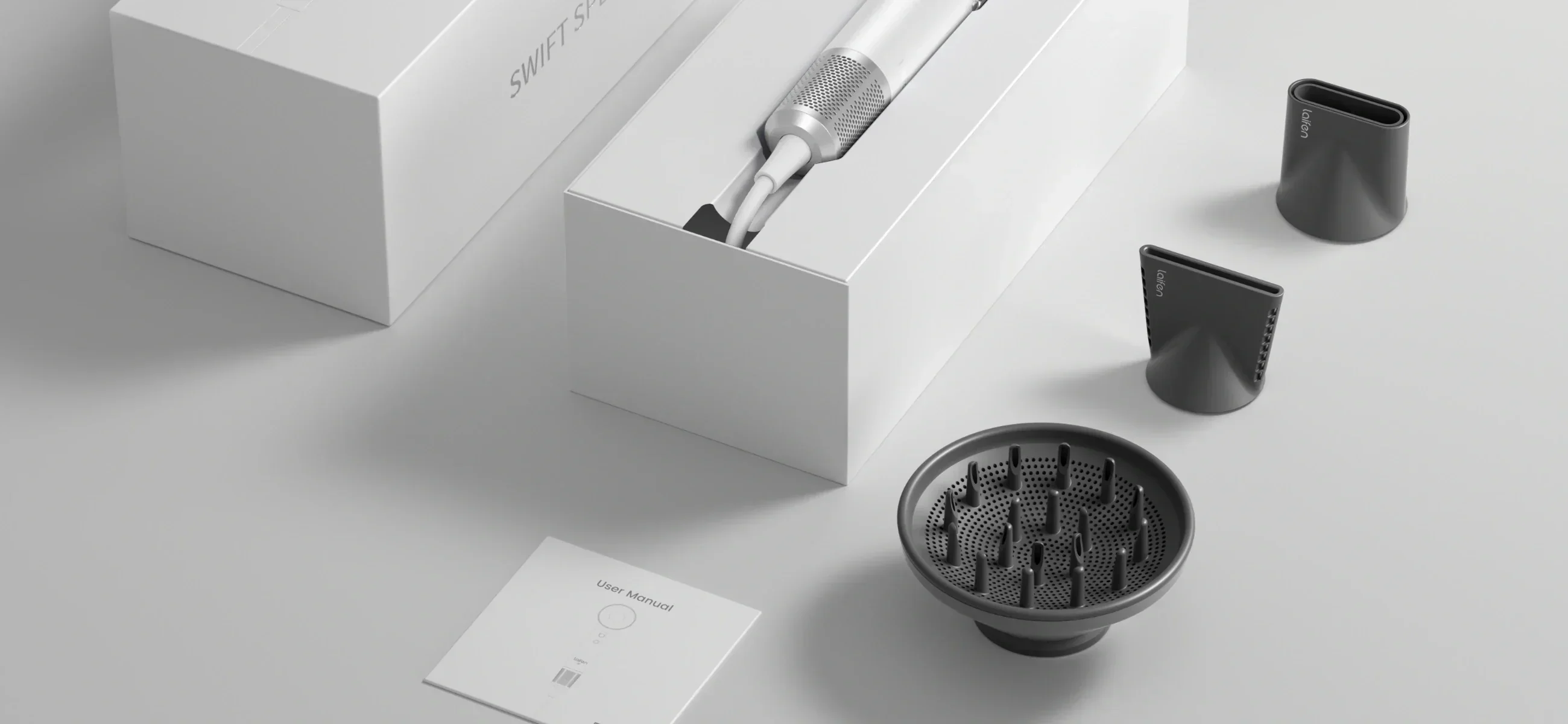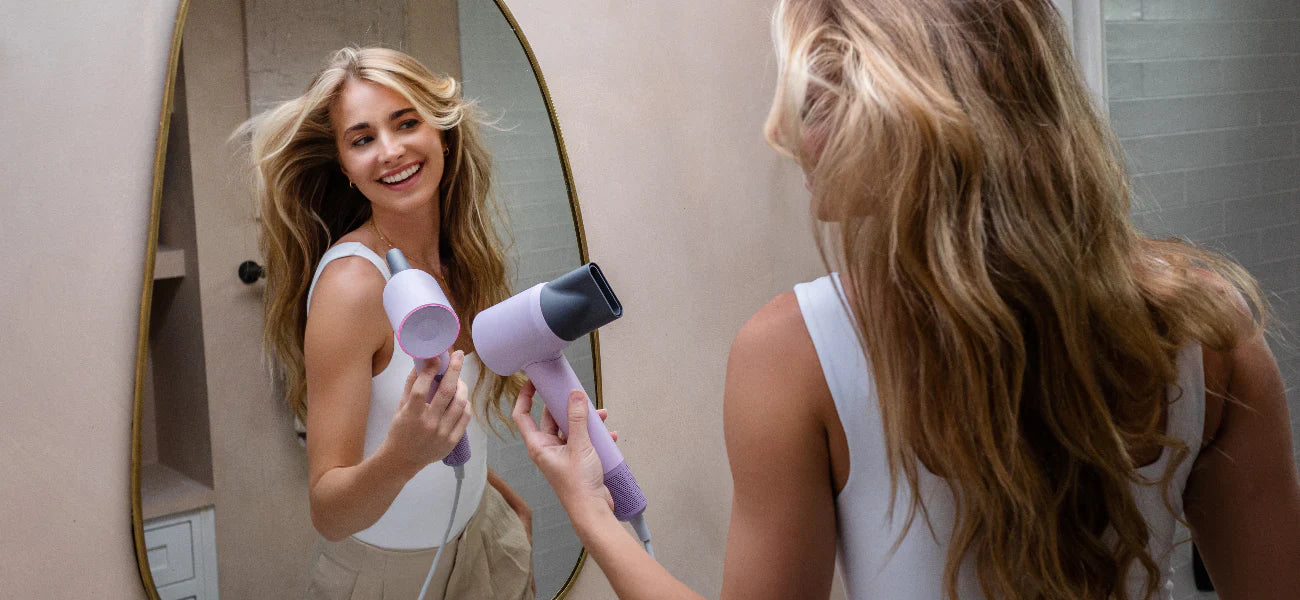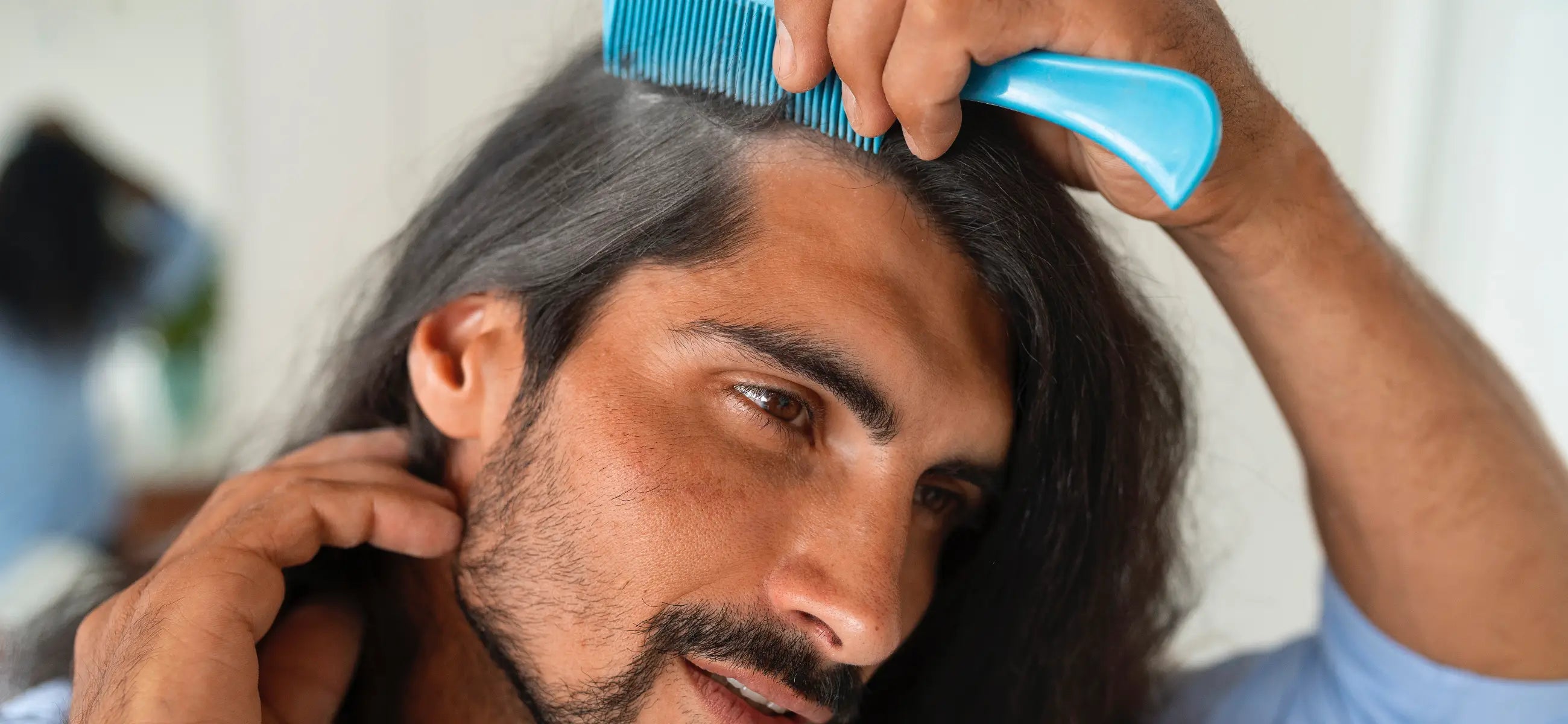
In this article
The scalp is one of the most sensitive parts of the body and the most important thing for healthy hair. But what can you do about a dry scalp? Men in particular are often plagued by scalp problems. We explain which scalp type you belong to and what you need to look out for when caring for your scalp to keep it healthy. Because if you want beautiful hair, you need a healthy scalp!
Various products are recommended for gentle skin and hair care, from shampoos to other men's dry scalp treatment. However, various home remedies are also used to treat itchy scalps. We have taken a closer look at the problem and suggested solutions
How can you recognize a dry scalp?
If the skin's natural production of oil and moisture is out of balance, the scalp dries out. Both internal factors (e.g. stress, allergies, skin ageing) and external influences (e.g. heating air, UV radiation, environmental pollution) contribute to this. The first signs of a dry scalp are tightness, itching or stinging. Sometimes the scalp becomes red and flaky - at the latest then it is high time to do something about it.
Please note: Dandruff may or may not indicate a dry scalp and is sometimes treated differently.
What to do about dry scalp?
The scalp suffers particularly in sub-zero temperatures, wind and heated air. If sebum production is low, the scalp is additionally dried out by blow-drying, coloring or UV radiation.
The first symptoms of a dry scalp: It tightens, forms flakes and red. The problem then spreads to the hair: it becomes dry and flat, frizz increases and hair breaks off or even falls out if the scalp is very dry. The scalp becomes irritated and sensitive.
External factors are often triggers for itching, tingling or burning. This can be due to air pollution, an extreme climate or products that are too aggressive.
Hormones, diet and stress also make the scalp sensitive. The symptoms can vary greatly: from itching and burning to redness and sensitivity to contact when combing, washing and grooming.
Common causes of dry scalp:
-
Too little sebum
-
Too frequent hair washing
-
Damaged protective acid mantle
-
Vitamin deficiency
Too little sebum or too little moisture can be a cause of dry scalp. Normally, sebaceous glands in the skin produce sebum (a lipid). This creates a hydro-lipid layer that acts as a barrier to protect and care for our skin. However, if there is a lack of moisture or sebum, this barrier is disrupted and loses its protective function. The skin becomes itchy and flaky. The lack of a protective layer in dry scalps often also affects the structure of the hair: it can then look brittle, dull or lackluster.
Dry scalp can also be caused by a lack of vitamins. Your skin is a sensitive organ that reacts to external and internal influences, e.g. also to a lack of vitamins and minerals. A sufficient supply of zinc, vitamin A and omega-3 fatty acids is therefore essential for the health of the scalp. Zinc is found naturally in meat, eggs, pulses, nuts and wholegrain products, while vitamin A is found in liver, mackerel, sweet potatoes, carrots and spinach, for example. Make sure you eat a balanced diet and your scalp will thank you for it.
Tips against dry scalp
-
Wash with lukewarm water, rinse thoroughly
-
Use hair products with glycerine, panthenol or urea
-
Use men's dry scalp shampoo sparingly
-
Squeeze hair out with a towel after washing
-
Use natural products
-
Gentle head massages
-
Avoid microplastics in shampoos
Proper care for dry scalps is essential to allow the skin barrier to renew itself. Washing your hair too often the cause of a dry scalp. As a general rule, avoid anything that irritates and stresses the hair and scalp too much. Use mild shampoos and wash your hair once less, especially in winter.
Make sure you pay attention to the composition of your best dry scalp shampoo for men and conditioner and avoid products with microplastics.
Dry scalp and dandruff - what's the difference?
While dry scalp is caused by a lack of sebum on the scalp, the exact opposite is often the case with dandruff. Oily dandruff is caused by an excess of sebum. If the skin flakes due to a lack of moisture, this is known as dry dandruff. It is often a symptom of a dry scalp. In this case, you should never use classic dandruff shampoos - as these are basically designed to balance oily scalps and can even make the problem of dry scalp worse.
If you are looking for the best men's shampoo for dry scalp and dandruff, you should look for treatments which derive from natural sources.
Which shampoo for dry scalp in men should I use?
Mild shampoos or shampoos that have been specifically developed for scalp care are the best care for dry, itchy scalps. They gently cleanse, soothe itching, moisturize and counteract inflammation. Good shampoos for dry scalps are characterized by natural active ingredients and a neutral pH value.
Additives such as silicones should be avoided. Although these coat the hair like a protective layer and make it feel soft, they can close the skin pores - which in turn can disrupt the natural oil and moisture balance of the scalp.
Special care for scalp and hair and dry scalp shampoo for men
Mild products that provide oil and moisture are best suited to care for stressed scalps. In addition to the best dry scalp shampoos for men, these include conditioners, nourishing treatments, hair masks, serums and hair oil for men's dry scalp. They serve to revitalize the skin and hair.
Because when the scalp suffers, the hair often looks dull and brittle. For example, regular oil treatments with olive, sesame, jojoba, almond or coconut oil, which are left on overnight and rinsed out in the morning, help to supply the scalp with oil and moisture. Versatile oils and a wide range of care products for sensitive scalps can be found in any regular supermarket.
Best men's shampoo for dry scalp – conclusion
Shampoos with natural active ingredients and a skin-neutral pH value are suitable for washing your hair. Make sure that shampoos for dry hair do not contain microplastics. You can be safe with certified natural cosmetic shampoos, where microplastics and silicones are not permitted.
Wash your hair with lukewarm water and only lather it up briefly. Then rinse everything out thoroughly. It is important that there is no shampoo left on your scalp or hair.

